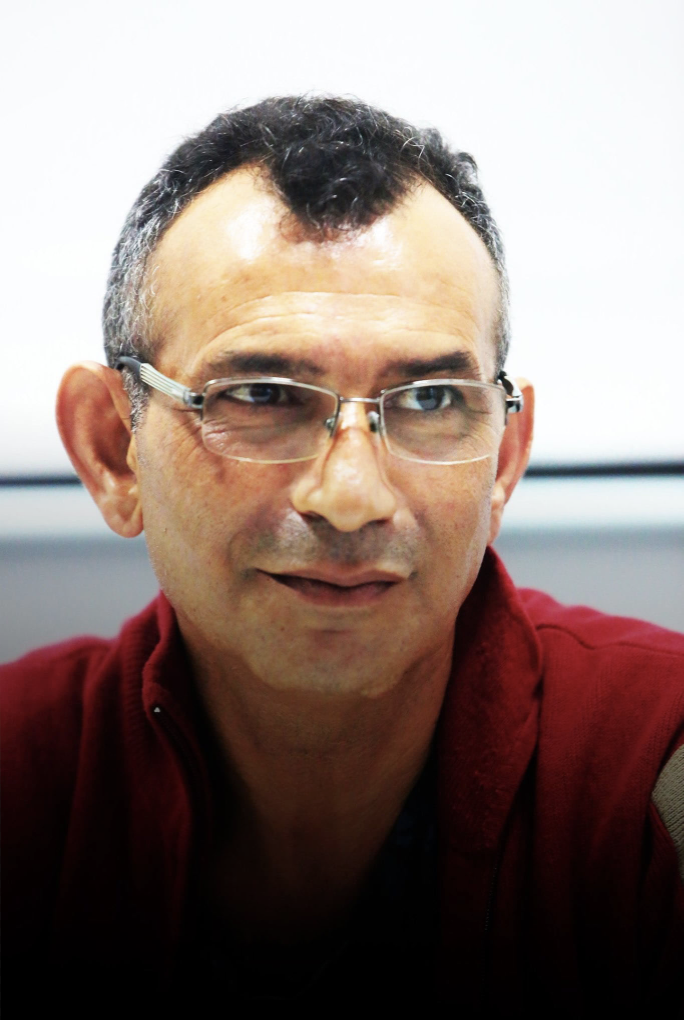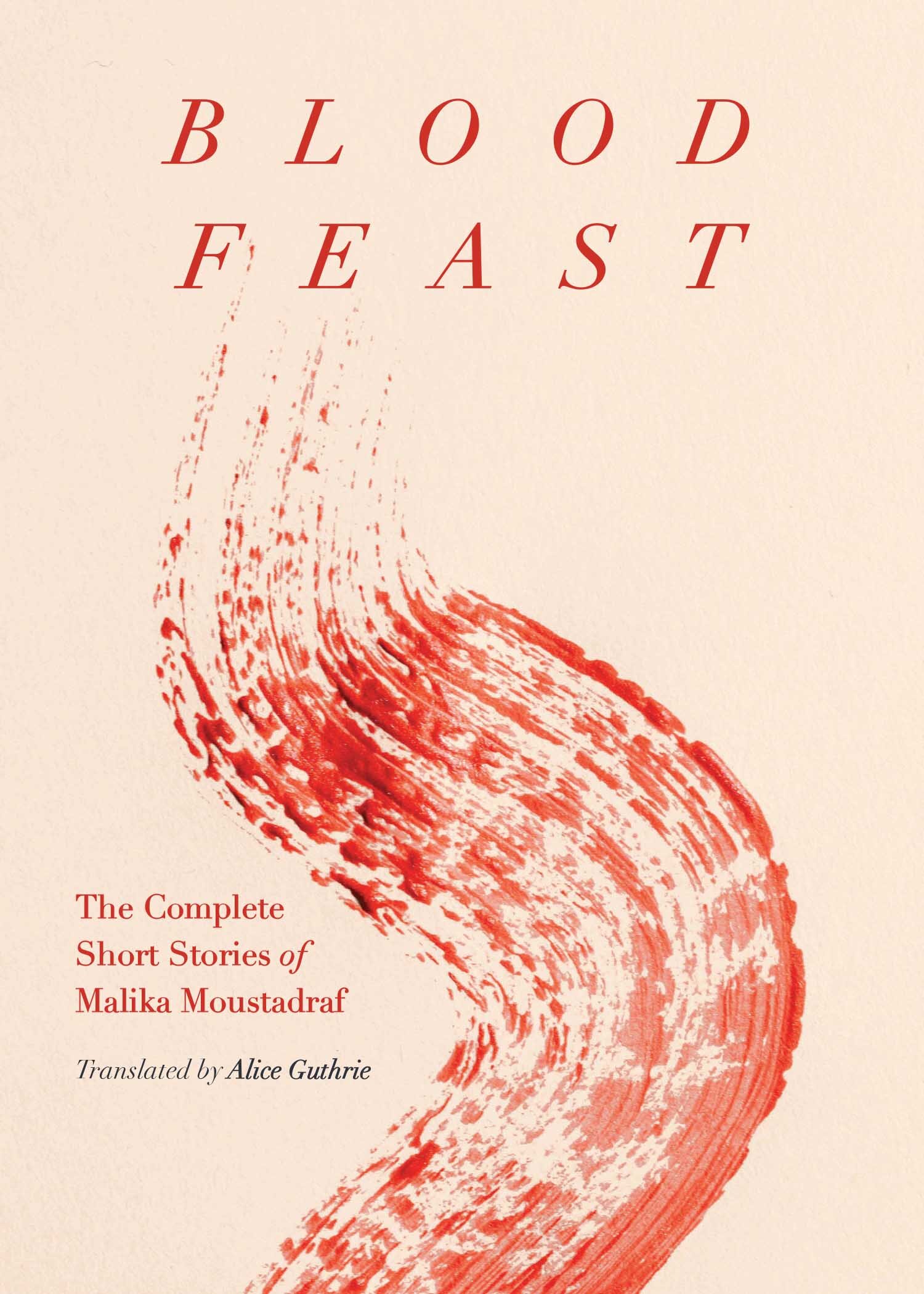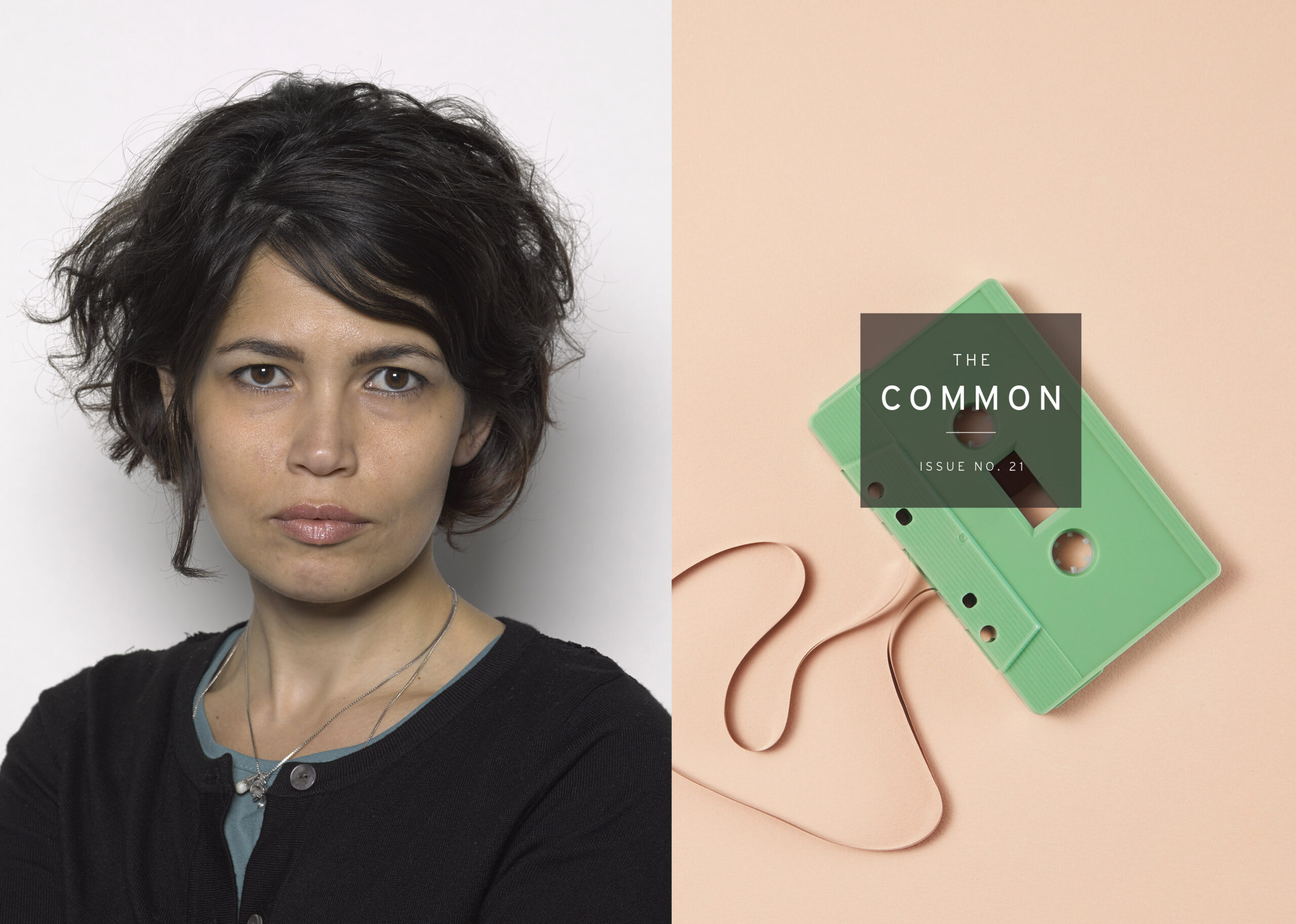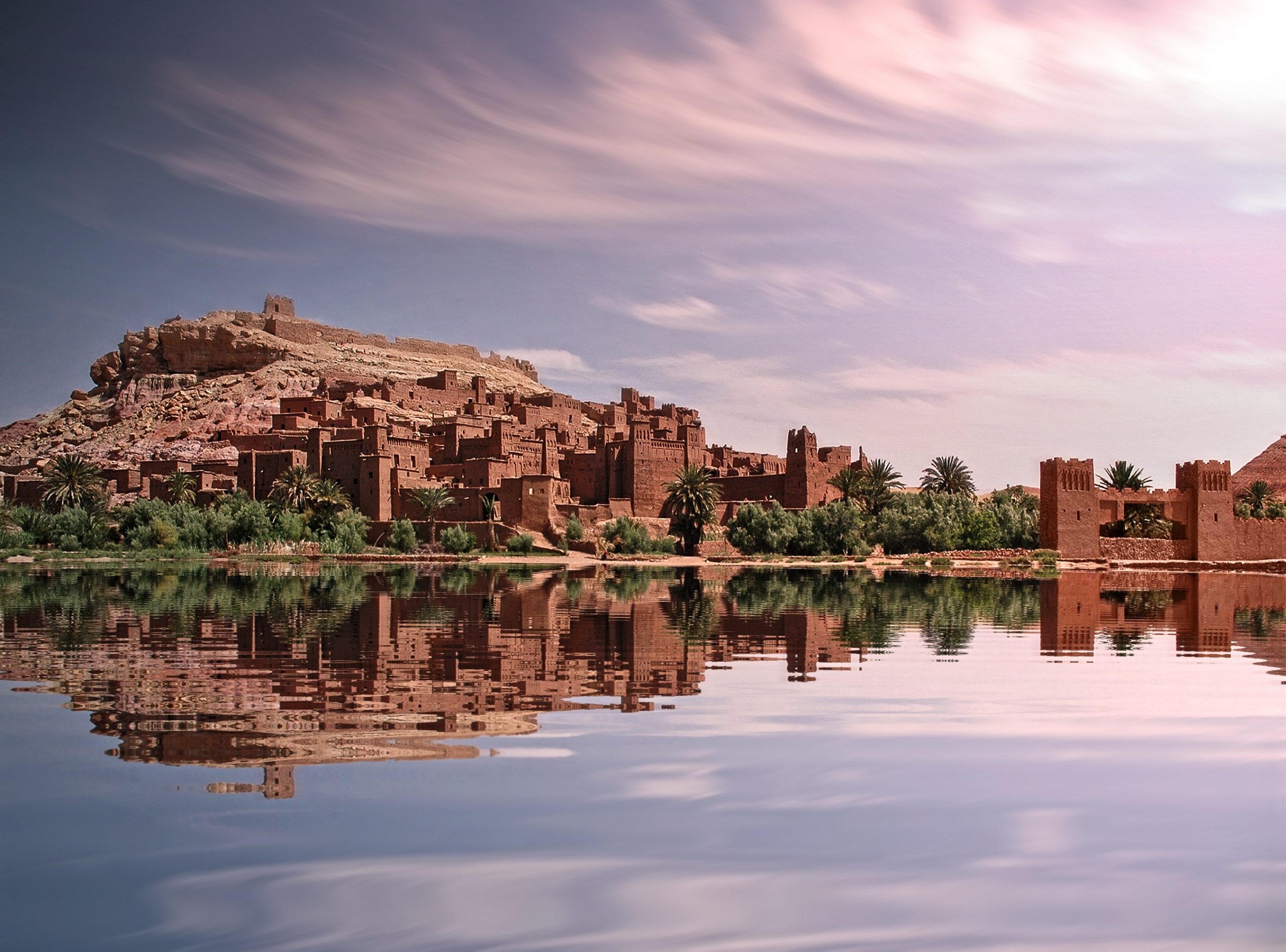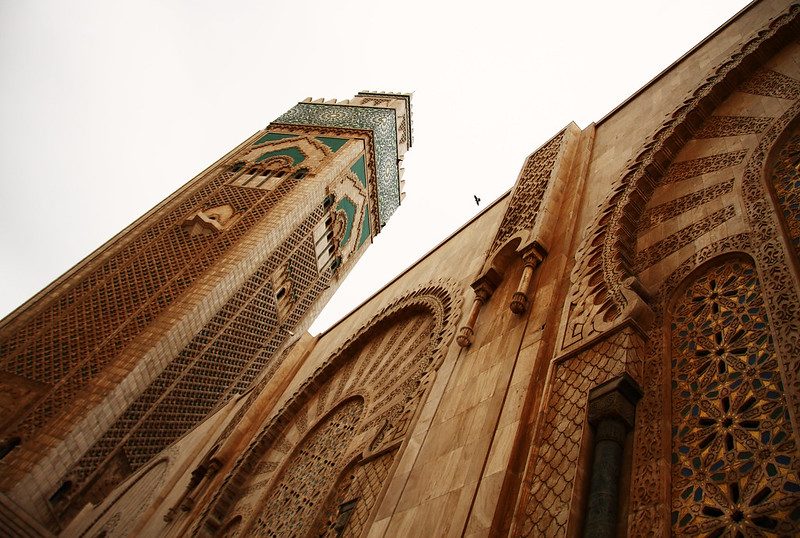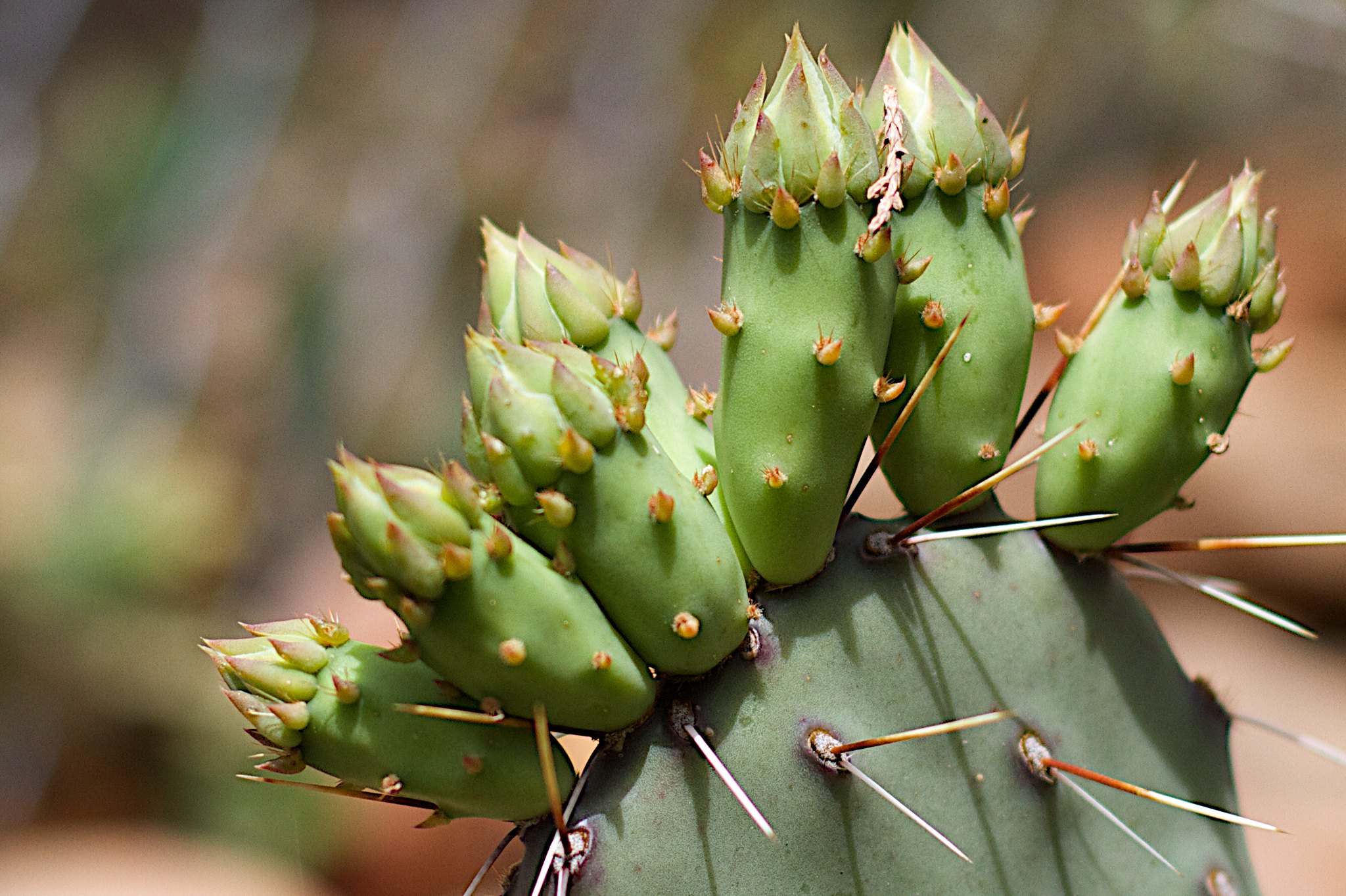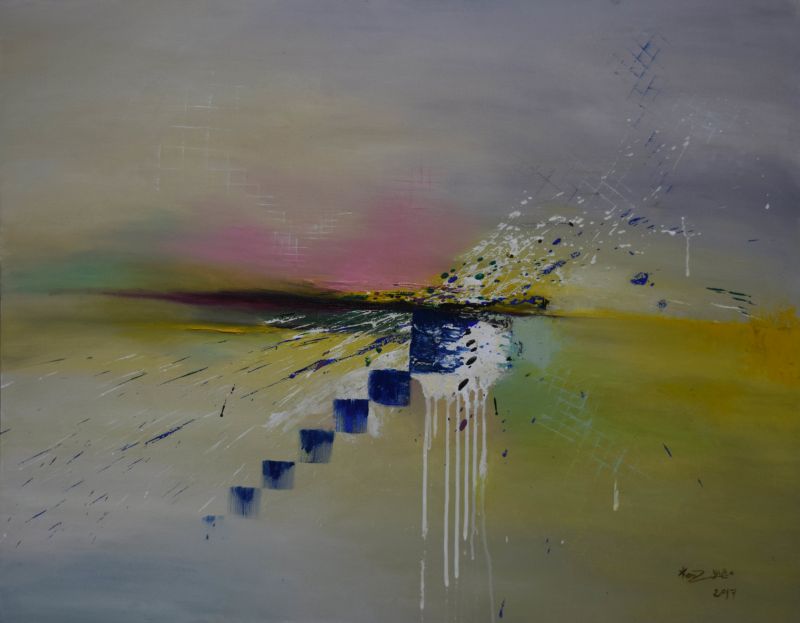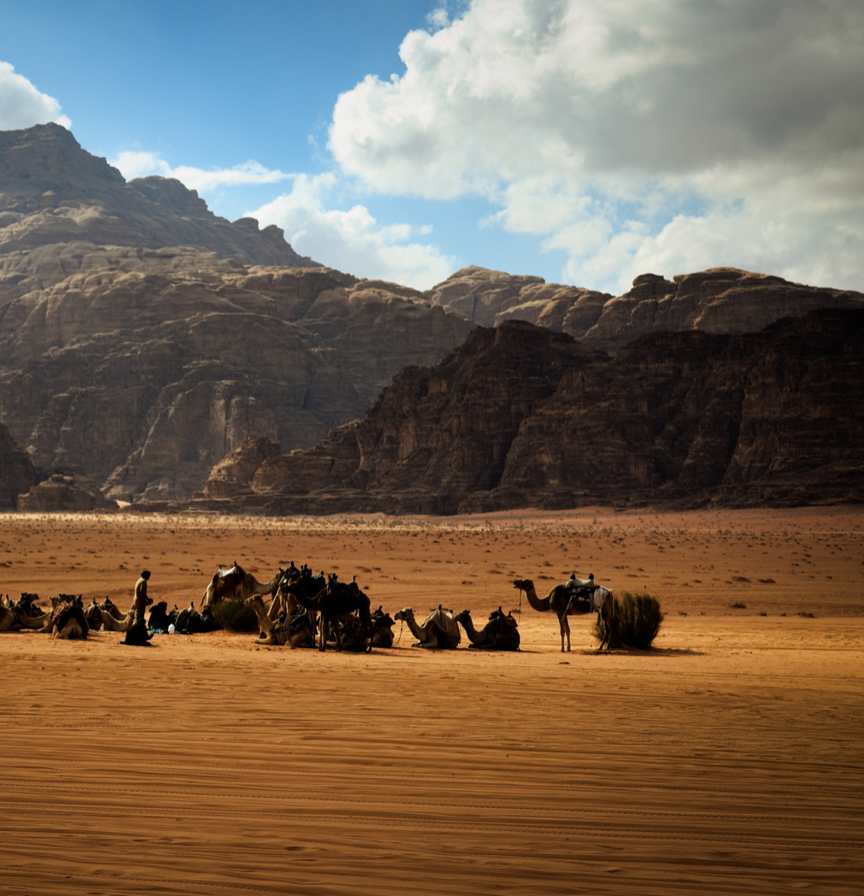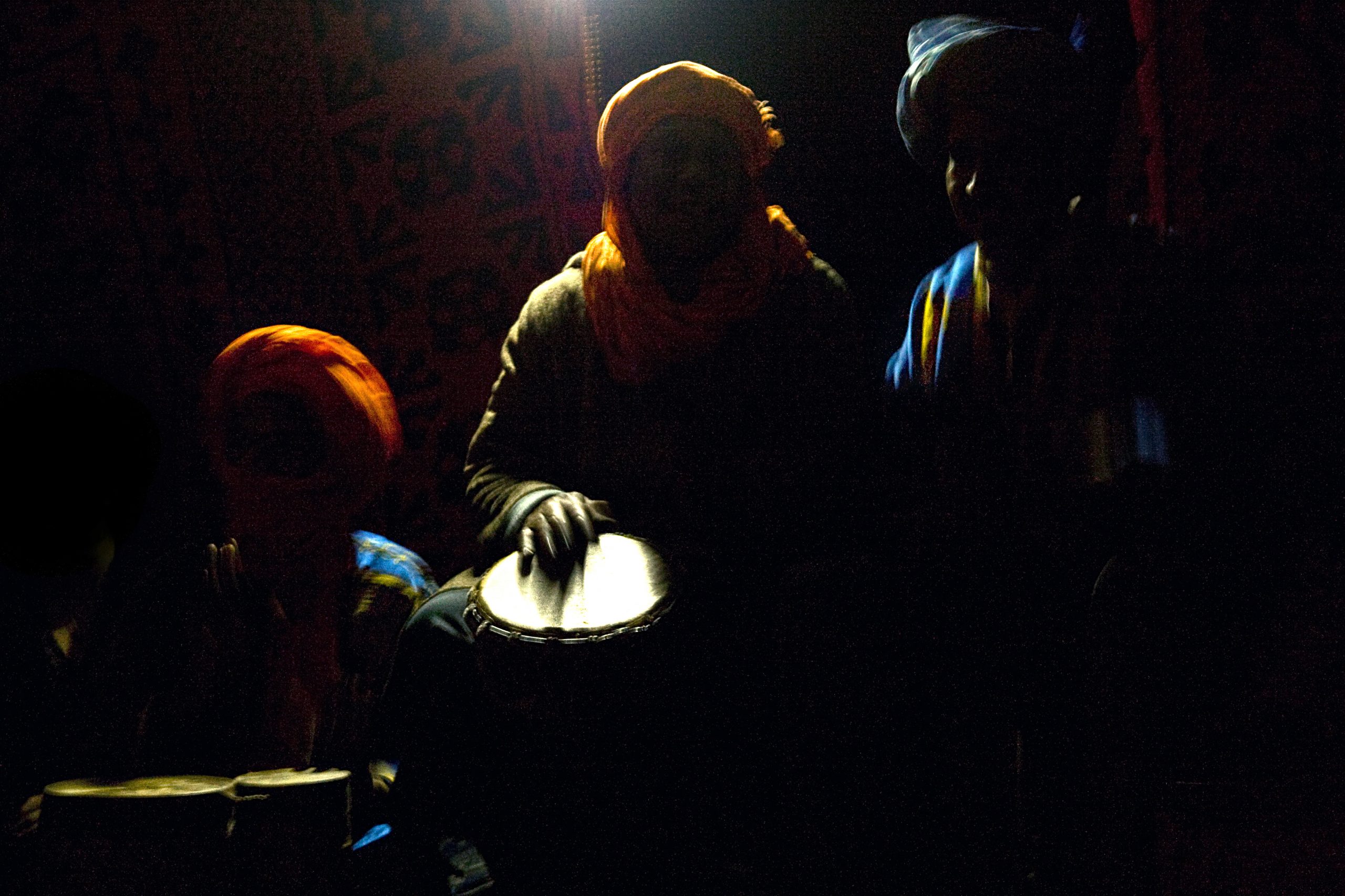Abdelmajid Haouasse’s transportive short story “A Hot Day” is a highlight of Issue 21‘s portfolio of fiction from Morocco. An award-winning scenographer, director, cinematographer, and author of short fiction, Haouasse is interviewed by The Common interns Sofia Belimova, Olive Amdur, Adaku Nwokiwu, and Eliza Brewer, with the assistance of Nashwa Gowanlock, who translated the interview as well as the original story. Here, Haouasse discusses his story’s unique narration, the translation process, and drawing inspiration from the Moroccan city of Asilah. This is the second of two interviews conducted by the summer interns with Issue 21 contributors; the first is with Latifa Baqa.
All posts tagged: Morocco
Blood Feast: Translating the Troubled Life and Troubling Work of Malika Moustadraf
This essay is an introduction and translator’s note excerpted from From Blood Feast: The Complete Stories of Malika Moustadraf, out now from the Feminist Press.
Malika Moustadraf (1969–2006) lived, worked, and died in the major port city of Casablanca, on the Atlantic west coast of Morocco. She published just one novel, a single short story collection, one other short story, and a few articles during her short life. After her death, three more short stories were published in a literary magazine. The short story collection and the four subsequent stories are what make up Blood Feast, the first ever full-length translation of her work. This slim volume is but a snapshot of a gifted maverick writer in her ascendancy, creatively going from strength to strength even as her health deteriorated during the final weeks before her death. Had her life not been tragically cut short, Moustadraf would undoubtedly have gone on to reach great artistic heights. In 2022 she would have been just fifty-three, eight years older than me. I would have certainly visited her in Casablanca over these last six years since I’ve been reading and translating her work, and would have gotten to know her. We would have spent time hanging out in her favorite café, working through the innumerable fascinating linguistic and cultural questions any serious literary translation project generates. Perhaps we would have enjoyed ranting to each other about the patriarchy, exchanging music, making each other laugh? And surely, by now, she would have become more widely respected and less persecuted for her feminist activist sensibility than she was at the turn of the millennium. But she did die in 2006, and so this modest oeuvre is all we have—the culmination of her life’s work, all but lost to the world over the last fifteen years since her untimely death.
Podcast: Nariman Youssef on Arabic Translations from Morocco
Nariman Youssef speaks to managing editor Emily Everett about her work translating three short stories from Arabic for The Common’s portfolio of fiction from Morocco, in the spring issue. In this conversation, Nariman talks about the conscious and unconscious decisions a translator makes through many drafts, including the choice to preserve some features of the language, sound, and cadence that may not sound very familiar to English readers. She also discusses her thoughts on how the translation world has changed over the years, and her exciting work as Arabic Translation Manager at the British Library.
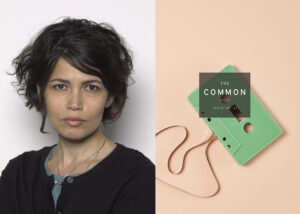
An Orient Free of Orientalism: Magic, the square, and women in Moroccan short fiction
By HISHAM BUSTANI
Translated by MADELINE EDWARDS
Morocco has long been associated in the Arab imagination with magic and superstition, casting off mystical curses and exorcising jinn from the body. The word “al-Moghrabi” (“the Moroccan”) has itself become yet another qualification claimed by those who work in this parallel world, adding it to their names, some going so far as to christen themselves “Sheikh from Morocco.” These are the men one hears about from time to time, those who help ancient treasure-seekers get their hands on spell-protected troves, perhaps of the sort guarded by serpents.
The Cripple Gets Married
By AHMED BOUZFOUR
Translated by NASHWA GOWANLOCK
Marzouka’s lips are wet
Marzouka? She’s carrying a bundle wrapped in a cloth on her back, and her earrings sparkle. Marzouka comes closer, and I move closer to her. The sun is scorching, and her large earrings are blinding. Should I greet her? I kiss her hand, so she kisses me on my forehead. I kiss her cheek, red like the late-afternoon sun. “Let me be your son,” I say to her. “And carry me like that bundle on your back.”
Heaven’s Hand
Translated by ALICE GUTHRIE
Prickly pear cacti are always squat and spindly bushes—that much I know. The exception to this rule, however, is the prickly pear grove found in my grandfather’s village. It’s lofty. It towers into the sky, its foliage so dense it always struck me as foretelling of a secret that was to be hidden away for good in its myriad crevices and shadows. And what intensified this feeling in me, and brought me to the conclusion that cacti are far from innocent, was the sight of our beautiful, fair-skinned friend Heaven running to the prickly pear one day and trying to hide among its limbs and behind its broad, swollen leaves. She looked like the heroine of a fairy tale fleeing a terrifying kingdom.
Little beads of sweat were pouring off her forehead, her cheeks were even rosier than usual, and when she almost slammed into me on her way past, a shivery thrill went through my body, a strange jolt of energy. Heaven did not seem to be the same sex as me, even though I knew her well and I had seen her bathing in her birthday suit more than once; just like me, she had untamable, bouncing breasts. But deep down inside, Heaven was fundamentally different from me, as—in utter contrast to most girls in the village—she existed in a constant state of awe. She lived among us, but her almond-shaped eyes seemed to be seeing another world, about which we knew nothing at all. And what was stranger still was the color of those eyes of hers: they beamed out a brilliant sky blue that made her the talk of the entire village. Despite everything that was said about her and her eyes in the village back then, I didn’t understand anything about that awe they shone with until I grew up. As an adult I finally came to understand, with the benefit of hindsight, what the grown-ups had been hinting at about the djinns that had taken up residence in Heaven and imprisoned her in an invisible box called Desire.
Two Stories
By FATIMA ZOHRA RGHIOUI
Translated by NASHWA GOWANLOCK
Petty Thefts
I’m frightened of everything. I walk around with my abnormal body. I haven’t learned to accept it yet, this body that bulges in every direction. Now I have two round lumps jutting out of my chest, and shrubbery growing in my armpits and between my legs. And then there’s the fear that’s plunged itself deep inside me.
Selections from Morocco
Courtesy of the Hindiyeh Museum of Art
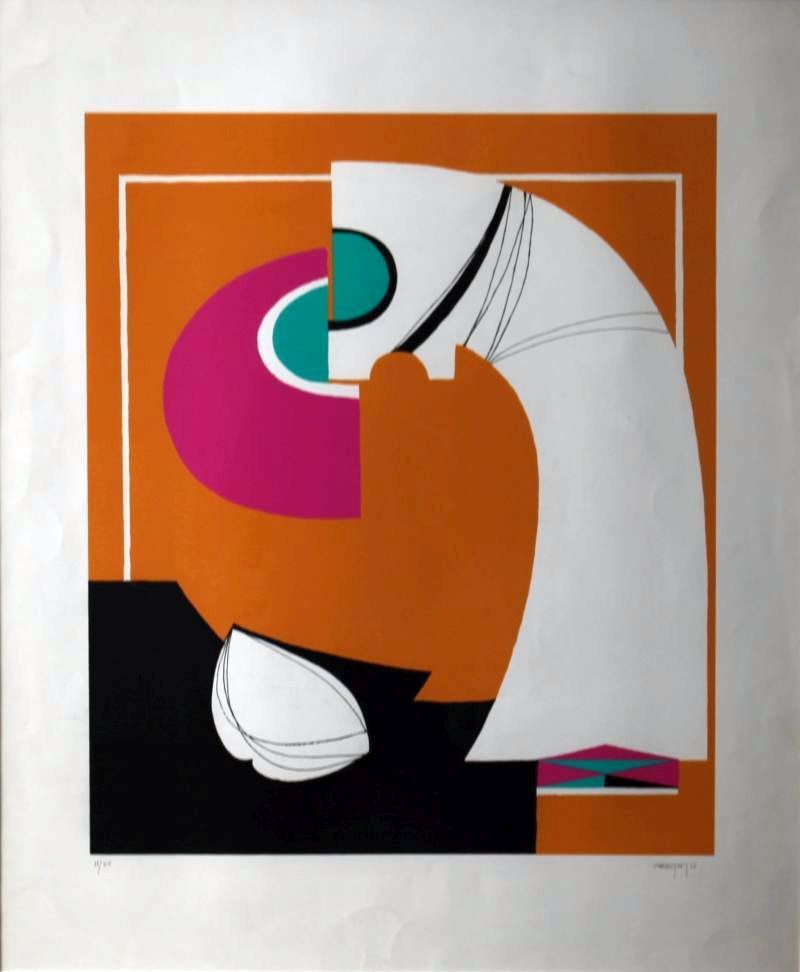
MOHAMMAD AL QASEMI, UNTITLED
SILKSCREEN ON PAPEAR (60 x 80 cm)
The Ache of the Sands
By ABDELAZIZ ERRACHIDI
Translated by NARIMAN YOUSSEF
The Bedouin’s Journey
I know a man whose heart is instructed in Bedouin life. He knows the desert and its moods, and has learned early on that it doesn’t like to be challenged. I know him walking without pause, teaching his feet and his heart the ways, walking slowly and deliberately, the trails trembling beneath him. Aimlessly he digs into the sand of the earth and settles nowhere, for his early existence taught him that a real Bedouin doesn’t settle except in death. He may pause, but if he does, life sneaks up on him with its poison. With every pause comes an ache. The trick is not to overcome life’s problems, but to understand its laws.
The Seventh
By MOHAMED ZAFZAF
Translated by ALICE GUTHRIE
—We simply must get a band in to play at the women’s section of the party. A party’s nothing without drumming and dancing.
—If my first wife demanded that of me, I would never have granted her wish. But you…you know the place you have in my heart.
Nuwara was twenty-two years old, slight, and a little snub-nosed. What made up for that, however, was the rosy bloom of her cheeks and the existence of that exquisite mole between her left cheekbone and her nose. And although her clothed body didn’t stand out as anything special, when she was naked and in the hands of a man, she became a real woman. She was tastier than any fantasy, as sweet as a ripe fruit out of season. Any man could see that. That’s why Ahmed was saying to her now:
—You know I give in to all your demands. But a male band performing to a group of women? I can’t imagine that.
